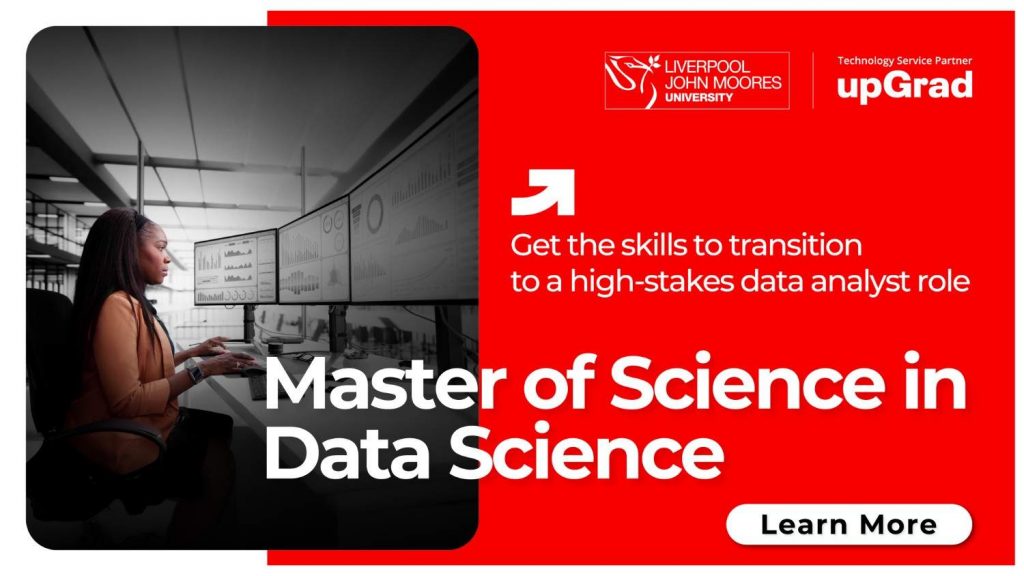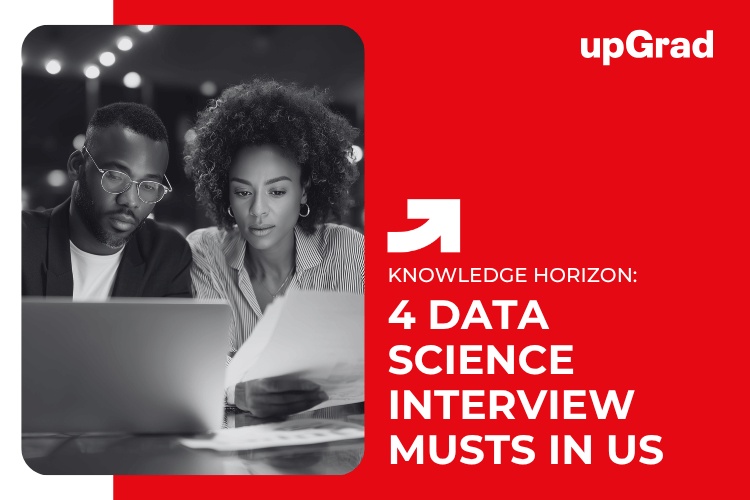As a professional seeking to excel in data science and secure a job in a US-based company, it’s crucial to be well-prepared for the advanced concepts that often arise during interviews. In this blog, we’ll provide you with a quick guide to data science advanced interview tips and acing your interviews.
From statistical modeling to machine learning algorithms and big data technologies, we’ll cover the key areas that will help you stand out and impress potential employers. So, let’s dive in and gain valuable insights on mastering data science interviews in the US!
Statistical Modeling and Analysis
Statistical modeling is a fundamental component of data science. Be prepared to showcase your knowledge in the following areas:
- Regression Analysis: Understand different types of regression models, including linear regression, logistic regression, and polynomial regression. Familiarize yourself with model assumptions, interpretation of coefficients, and model evaluation techniques.
- Time Series Analysis: Learn about time series models, such as ARIMA and exponential smoothing, and be familiar with concepts like trend, seasonality, and forecasting.
- Hypothesis Testing: Be comfortable with hypothesis testing techniques, such as t-tests, chi-square tests, and ANOVA. Understand p-values, confidence intervals, and type I and type II errors.
Machine Learning Algorithms
Demonstrate your proficiency in machine learning algorithms and their applications. Here are some key areas to focus on:
- Supervised Learning: Understand algorithms like decision trees, random forests, support vector machines, and neural networks. Be prepared to discuss their strengths, weaknesses, and when to use them.
- Unsupervised Learning: Familiarize yourself with clustering algorithms like k-means, hierarchical clustering, and DBSCAN. Additionally, explore dimensionality reduction techniques like principal component analysis (PCA) and t-SNE.
- Evaluation and Validation: Be well-versed in model evaluation metrics, including accuracy, precision, recall, F1 score, and ROC-AUC. Understand cross-validation techniques to assess model performance.

Big Data Technologies
As data grows in volume and complexity, knowledge of big data technologies is highly valued. Focus on the following areas:
- Apache Hadoop: Understand the Hadoop ecosystem, including HDFS, MapReduce, and YARN. Familiarize yourself with concepts like data ingestion, storage, and processing in distributed systems.
- Apache Spark: Learn about Spark’s capabilities for distributed data processing, including Spark Core, Spark SQL, and Spark MLlib. Explore Spark’s data structures, such as RDDs and Data Frames.
- NoSQL Databases: Get acquainted with NoSQL databases like MongoDB, Cassandra, and Redis. Understand their advantages, use cases, and how they differ from traditional relational databases.
Data Visualization and Storytelling
Data visualization plays a crucial role in communicating insights effectively. Focus on the following aspects:
- Data Visualization Tools: Be proficient in using visualization libraries such as Matplotlib, Seaborn, and Plotly in Python, or ggplot and Shiny in R.
- Dashboard Creation: Understand how to create interactive dashboards using tools like Tableau, Power BI, or D3.js. Demonstrate your ability to present data in a visually appealing and insightful manner.
- Storytelling with Data: Showcase your skills in storytelling by using data to convey a clear narrative and insights. Emphasize the importance of context, simplicity, and audience understanding.
Conclusion
Data Science interview prep is essential for success at US companies. By focusing on statistical modeling, machine learning algorithms, big data technologies, and data visualization, you’ll position yourself as a strong candidate. Practice coding and problem-solving, explore real-world datasets, and stay updated with the latest advancements in the field. Remember to approach interviews with confidence, demonstrate your passion for data science, and showcase your ability to think critically and solve complex problems.
With this quick guide, you’re well-equipped to navigate advanced data science concepts and impress potential employers in the US. Best of luck in your data science interview preparations, and may you land the job of your dreams in this exciting and ever-evolving field!




















